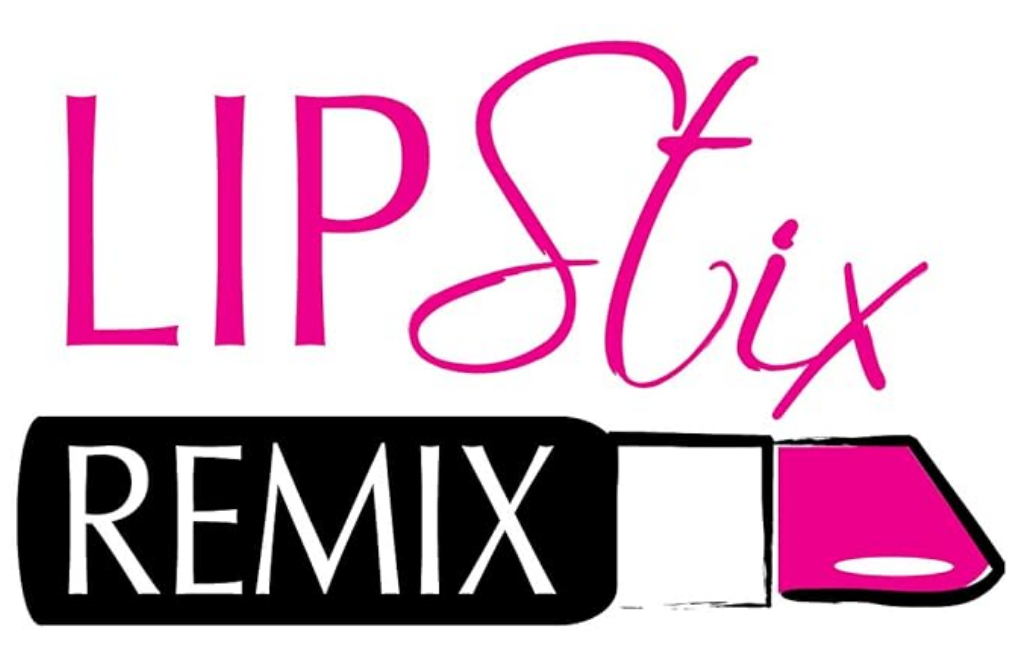Llama Brew
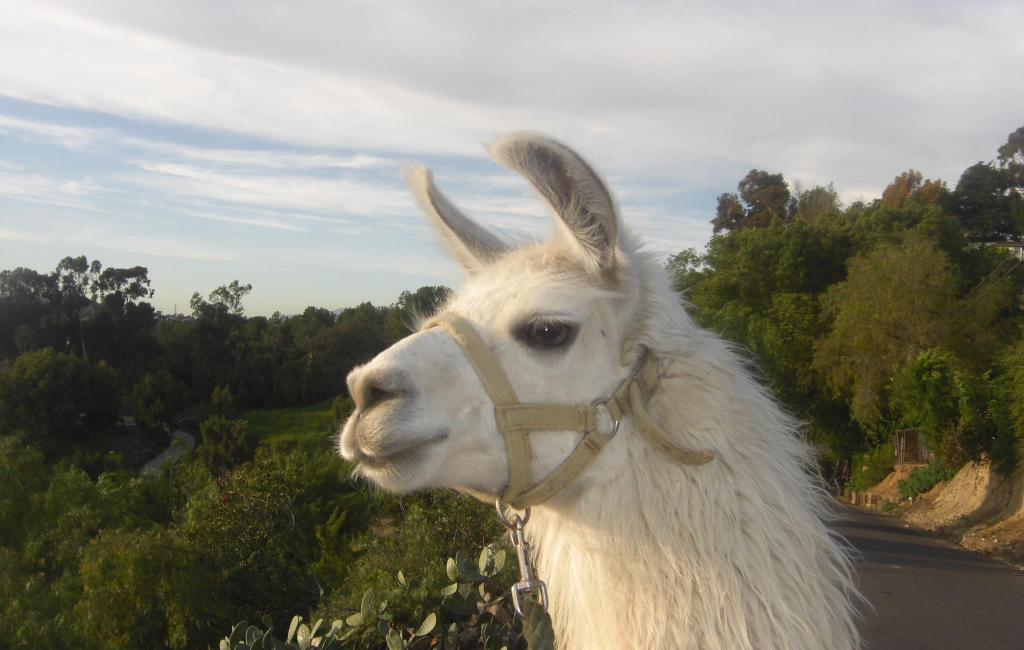
NO DEAL
EPISODE SUMMARY
🕓 Air Date: February 5, 2010
Asking For:
$125,000 for 10%
Investor:
No Deal
Deal:
No Deal
PRODUCT SUMMARY
Llama Brew is an eco-friendly liquid organic fertilizer made from llama excrement, aimed at both home gardening and commercial applications.
WATCH HERE
IN A RUSH?
Click these to jump to the section you want to read.
Background Story
Phillip and Aida Lough are the innovative minds behind Llama Brew. The couple’s journey into the world of llamas began unexpectedly after a tragic incident involving a mountain lion attack on their livestock. Seeking a solution to deter further attacks, Phillip conducted research and discovered llamas as effective guardians against such predators. Intrigued by their findings, the Loughs decided to invest in llamas themselves and soon developed a deep affection for the animals.

Inspired by their newfound passion and driven by their entrepreneurial spirit, Phillip and Aida recognized an opportunity to turn their love for llamas into a sustainable business venture. They identified a niche market for eco-friendly fertilizers and saw potential in utilizing llama excrement as a natural and effective alternative. Thus, Llama Brew was born. The Loughs embarked on their entrepreneurial journey, leveraging their background in animal husbandry and environmental consciousness to develop their unique product.
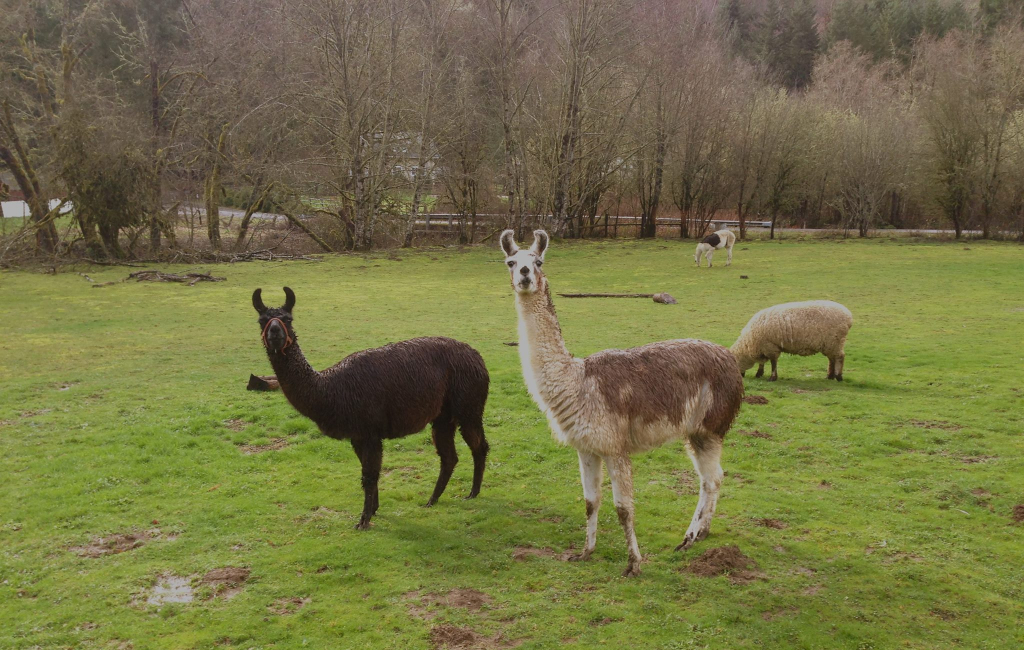
With Phillip’s expertise in research and Aida’s business acumen, they laid the groundwork for Llama Brew. Their mission not only aimed at creating a profitable business but also aligned with their values of promoting sustainability and spending quality time with their family. The journey from livestock owners to eco-entrepreneurs showcases the Loughs’ resilience and ingenuity in turning adversity into opportunity. Llama Brew represents not only a product but also a manifestation of their commitment to environmental stewardship and a testament to the transformative power of entrepreneurship.
The Product
Llama Brew is a revolutionary eco-friendly liquid organic fertilizer crafted from llama excrement, meticulously processed by Phillip and Aida Lough. This innovative fertilizer offers a natural alternative to traditional chemical-based products, promoting healthier plant growth and soil vitality.
The product is simple to use, with users applying it directly to their plants or soil. Its organic composition ensures minimal environmental impact, making it suitable for both home gardening enthusiasts and commercial agricultural applications.
Llama Brew boasts several key benefits, including improved soil structure, enhanced nutrient absorption, and increased plant resilience to environmental stressors. Its odorless nature makes it user-friendly, eliminating concerns about unpleasant smells associated with conventional fertilizers.
Available for purchase, Llama Brew comes packaged in recycled bottles, reflecting the founders’ commitment to sustainability. The product is competitively priced, offering consumers an affordable and effective solution for their gardening needs. Customers can conveniently purchase Llama Brew online or through select retail outlets, making it accessible to a wide audience of eco-conscious gardeners and farmers alike.
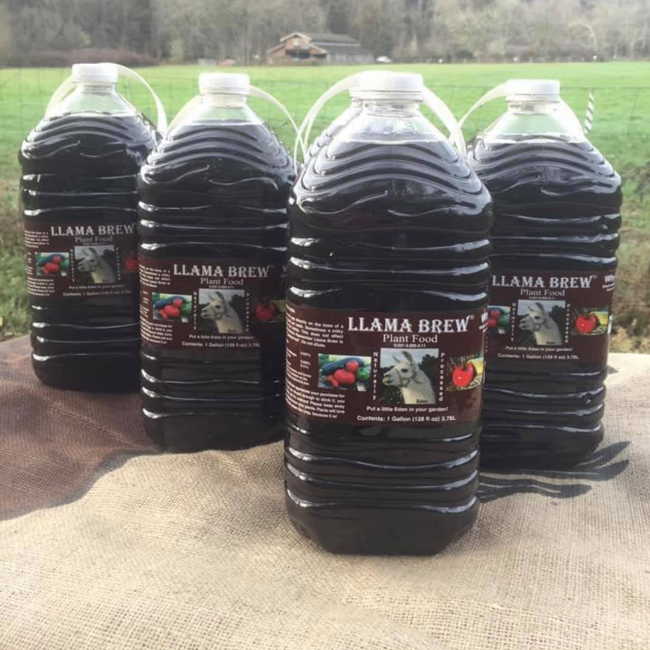
How It Went
The company’s position before Shark Tank
Llama Brew, led by Phillip and Aida Lough, faces challenges in its performance despite its innovative product. With a valuation of $1.25 million, the company has only generated $4,000 in sales, indicating a significant gap between valuation and revenue. This low revenue raises concerns about the company’s financial health and market viability. While Llama Brew has demonstrated a commitment to sustainability by using recycled packaging, its manual manufacturing process may hinder scalability.
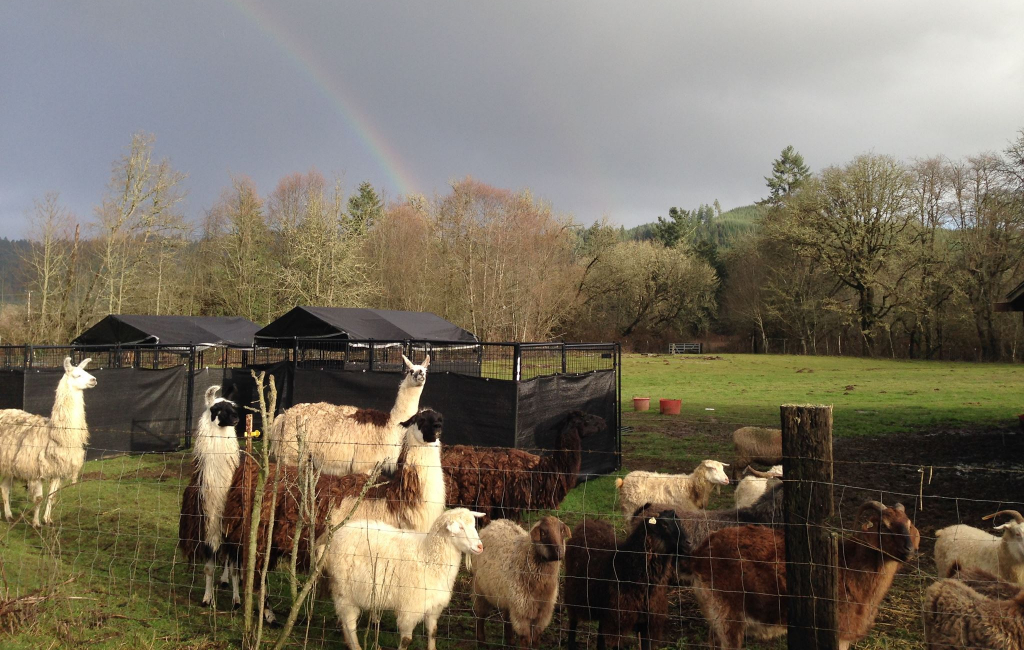
The reliance on manual labor for excrement collection and processing could limit production capacity and increase operational costs over time. The company’s customer base primarily consists of environmentally conscious gardeners and farmers seeking organic fertilizers. However, the founders face the daunting task of educating consumers about the benefits of llama-based fertilizer, which requires significant marketing expenditures.
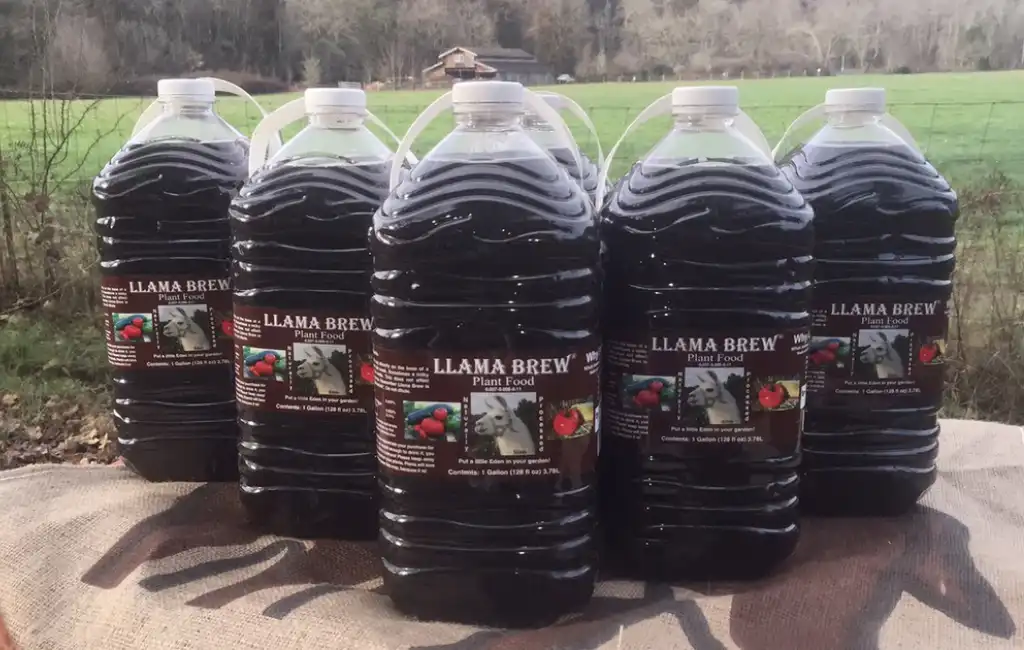
Llama Brew currently operates with minimal overhead costs, but its profitability remains uncertain due to its low sales figures.In terms of company structure, Llama Brew appears to be a lean operation, with Phillip and Aida overseeing most aspects of the business.Overall, while Llama Brew presents an innovative and environmentally friendly product, its current financial performance and lack of scalability raise concerns about its long-term sustainability and profitability.
The Negotiations:
During the negotiations, the sharks expressed skepticism about Llama Brew’s valuation and sales performance. Despite the founders’ passion and belief in their product, the sharks struggled to see the investment potential given the company’s low revenue and unproven market traction. Kevin O’Leary and Daymond John voiced concerns about the disconnect between the company’s valuation of $1.25 million and its modest $4,000 in sales.
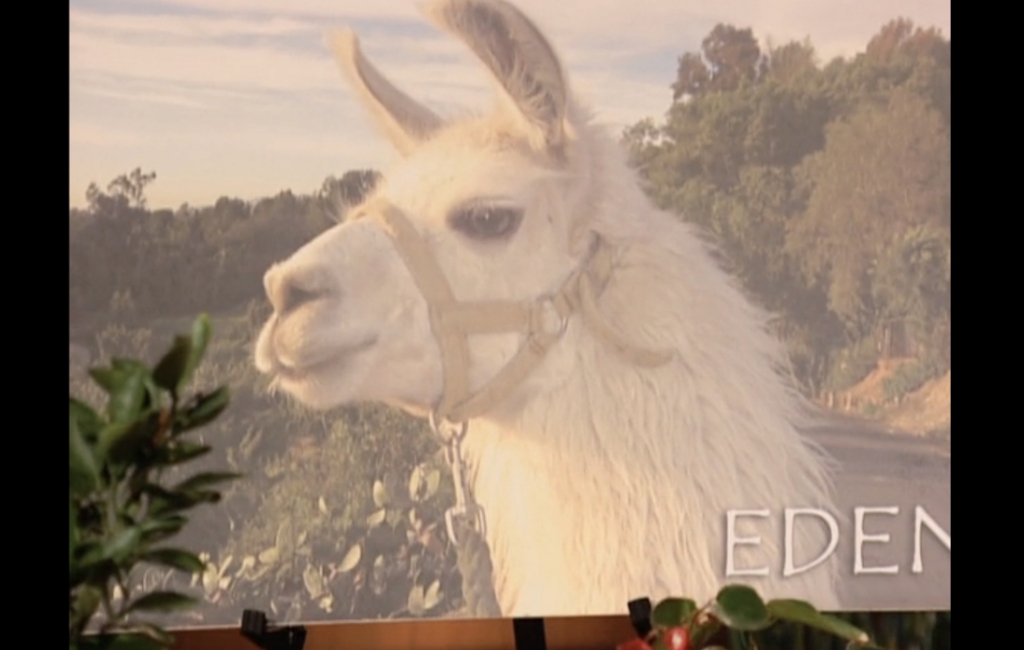
They questioned the feasibility of investing in a business with such a significant gap between perceived value and actual revenue. Robert Herjavec, intrigued by the concept of llama-based fertilizer, inquired about the cost of acquiring a single llama but ultimately passed on investing due to the company’s financial metrics. Barbara Corcoran and Lori Greiner echoed the sentiments of their fellow sharks, emphasizing the importance of realistic valuations and tangible sales figures in evaluating investment opportunities.
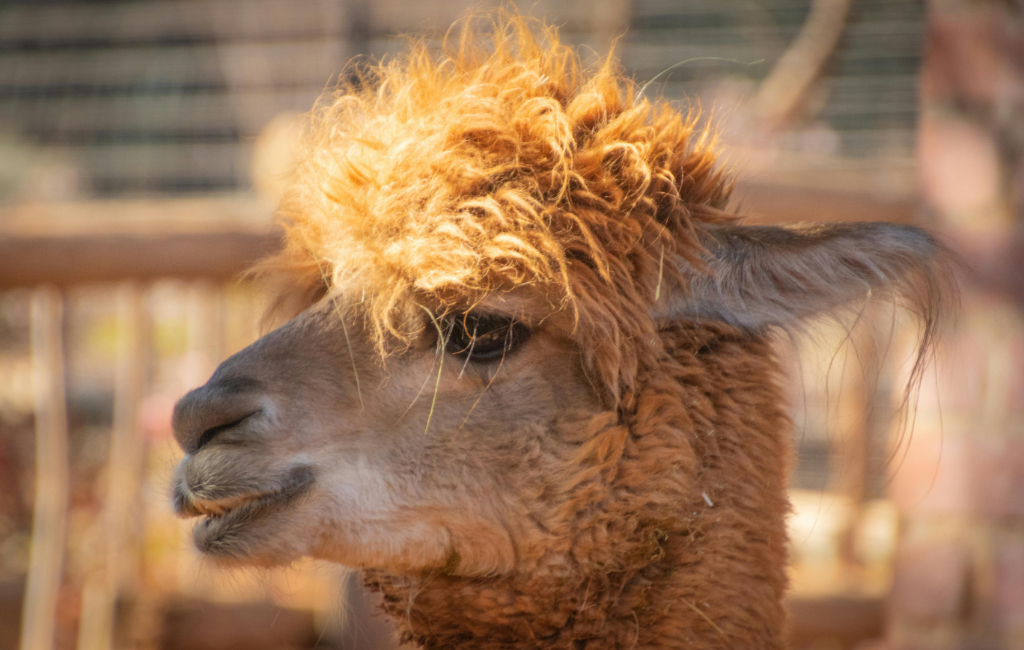
In the end, none of the sharks were willing to make an offer for Llama Brew. Despite the founders’ efforts to defend their valuation and emphasize the potential of their product, the sharks remained unconvinced. The negotiation concluded with the Loughs leaving the tank empty-handed, highlighting the challenges of securing investment without solid financial performance and market traction.






